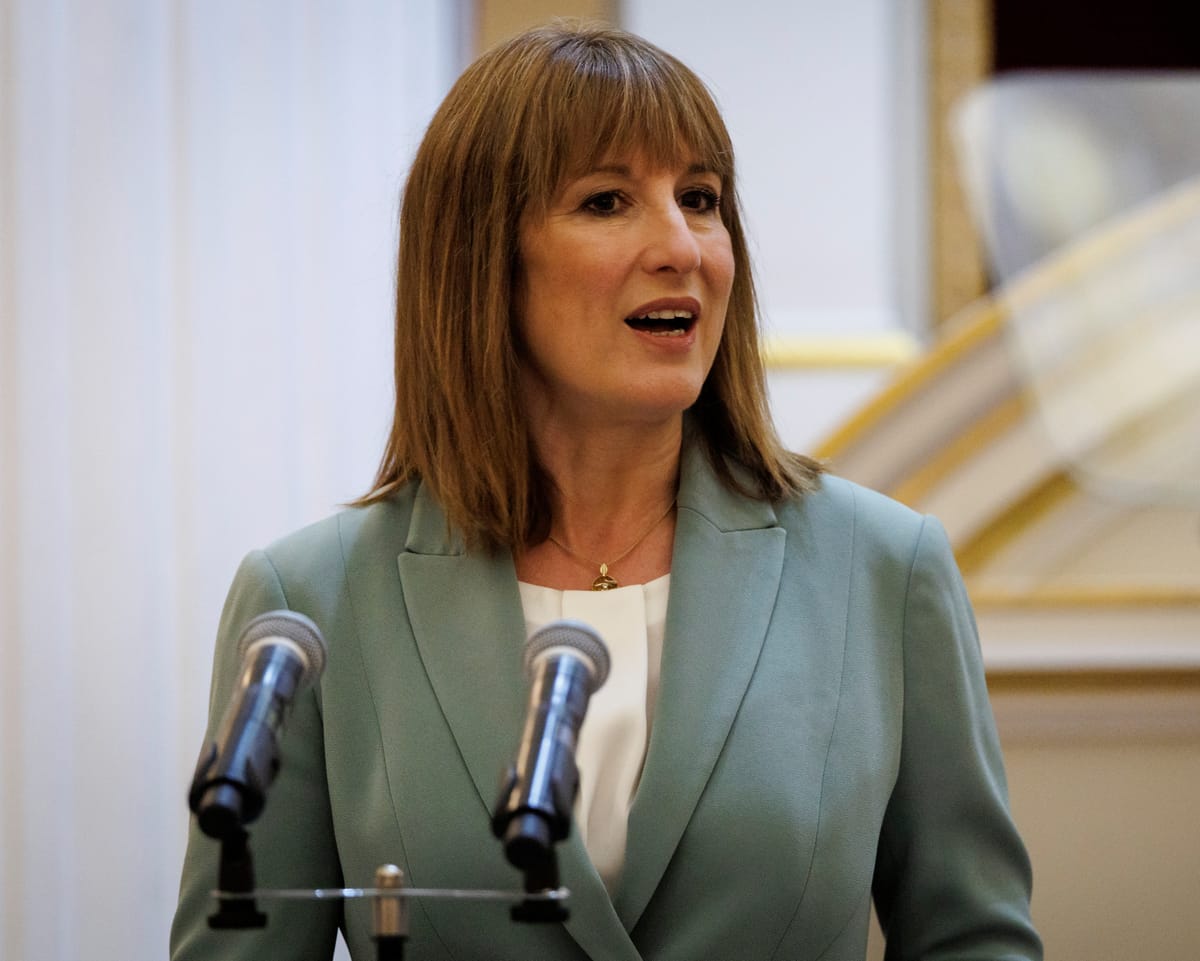The UK government borrowed more than anticipated in June, adding pressure on the chancellor, Rachel Reeves, to address the country's financial situation.
Data from the Office for National Statistics (ONS) revealed that public sector net borrowing increased to £20.7bn—up by £6.6bn compared to the same period last year. This marks the second-highest June borrowing figure since monthly records began in 1993, surpassing the £16.5bn forecast by financial experts.
The rise was attributed to growing costs in public services and higher debt payments, which exceeded increased tax and national insurance revenues. Interest payments on government debt alone surged by £8.4bn to £16.4bn from the previous year, the second-highest June level since 1997, due to rising inflation-linked bond costs.
Reeves faces uncertainty ahead of the autumn budget, with discussions about potential tax hikes to manage a significant financial gap following recent policy reversals. The government's change in stance on disability benefits and winter fuel support for pensioners is expected to cost over £6bn, prompting warnings of fiscal challenges.
Economic growth has stalled, with the UK economy contracting in April and May, while unemployment and inflation have risen. High borrowing costs, tax increases, and global instability have added to pressure on businesses and households.
Amid these challenges, some within Reeves' party and unions have urged her to consider a wealth tax. However, the chancellor has emphasized economic growth as a priority while keeping future policy options open.
The Institute for Fiscal Studies suggested Reeves could revisit her fiscal rule, which requires day-to-day spending to be funded by tax revenues within five years. Meanwhile, Treasury officials reiterated the government's commitment to financial discipline, focusing on sustainable investment in public services and housing.
Opposition figures criticized the borrowing figures, arguing that rising debt interest payments—nearly double the defense budget—show the risks of unsustainable spending.
Read next

Ryanair plane had only six minutes of fuel upon Manchester landing, records show
Flight Narrowly Avoids Disaster After Storm Diversion
An inquiry has been launched after a Ryanair flight, struggling against severe winds during storm Amy last week, landed at Manchester Airport with only six minutes’ worth of fuel remaining.
The aircraft had been transporting passengers from Pisa, Italy, to Prestwick, Scotland, on

"Qantas customer data for 5 million exposed as hackers release info post-ransom deadline"
Hackers Leak Personal Data of 5 Million Qantas Customers on Dark Web
A cybercriminal group has released personal records of 5 million Qantas customers on the dark web after the airline did not meet their ransom demand.
The breach is part of a larger global incident affecting over 40 companies,

Investors flee record-high UK stocks as EU set to hike steel tariffs
Investors Withdraw Record Sums from Equity Funds Amid High Market Valuations
Data reveals that investors in the UK have withdrawn an unprecedented amount of money from equity funds over the past three months, driven by concerns over soaring stock market valuations.
According to the latest figures from Calastone, the largest

